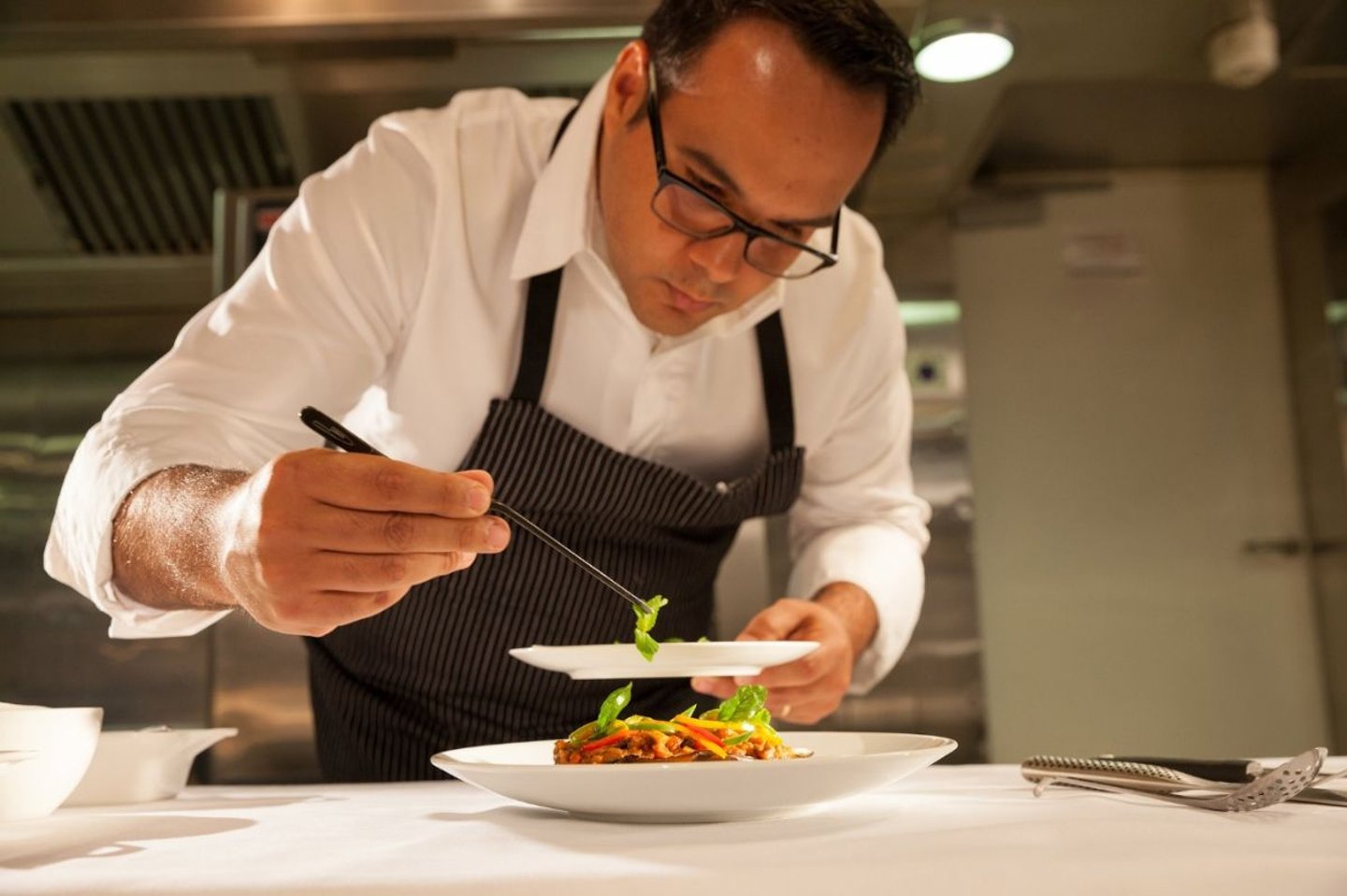
In recent years, the culinary world has witnessed a transformative shift towards sustainability, leading to the resurgence of the farm-to-table movement.
This approach emphasizes the use of fresh, locally sourced ingredients and eco-friendly practices, redefining gourmet dining.
As more consumers become conscious of their environmental footprint, the demand for sustainable gourmet cuisine continues to grow, making it a compelling subject to explore.
THE CONCEPT OF FARM-TO-TABLE
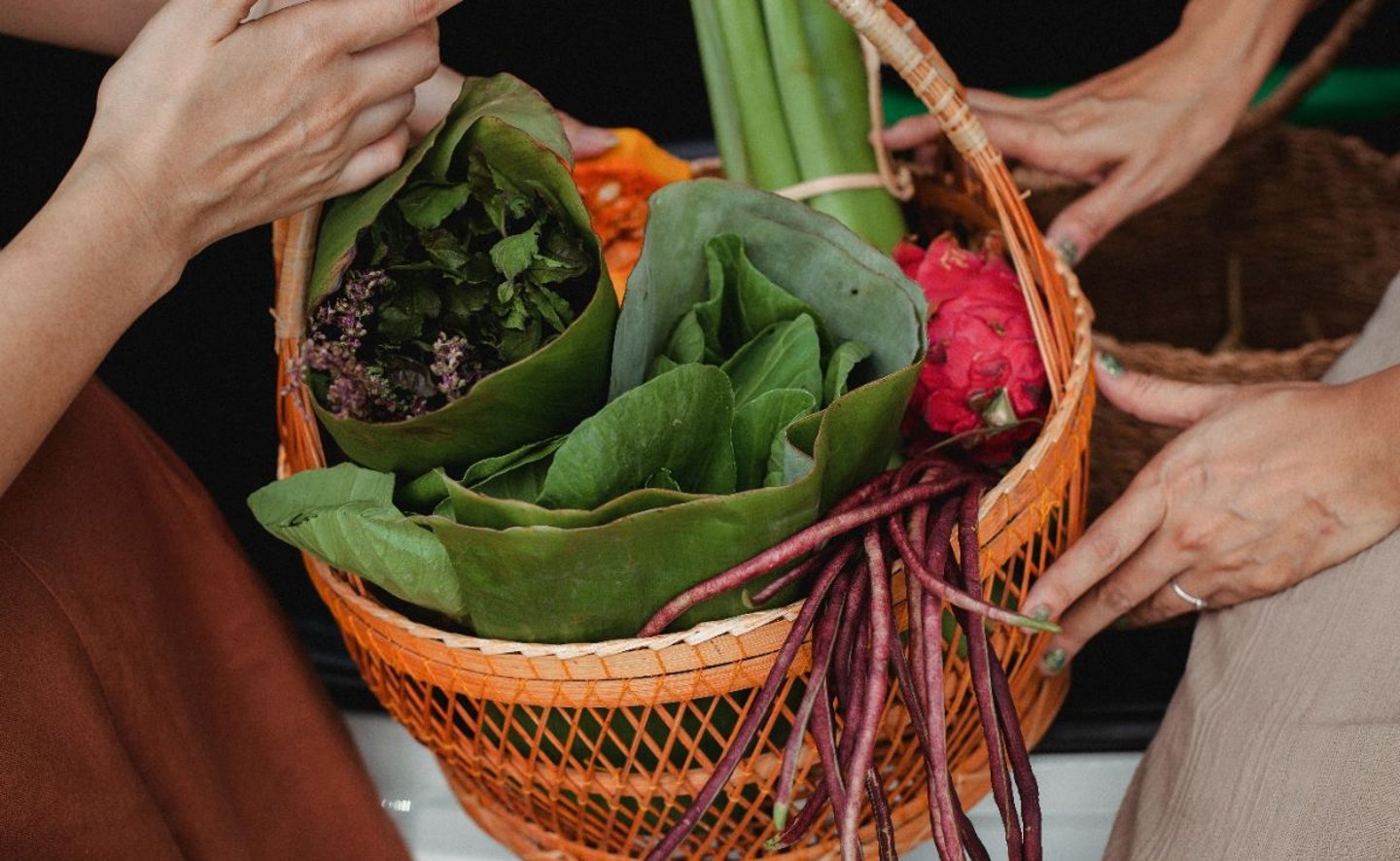
Farm-to-table dining is more than just a trend; it's a philosophy that prioritizes transparency, sustainability, and community support. This movement dates back to the early days of human civilization when people primarily consumed what they could grow or hunt locally. However, with industrialization and globalization, the distance between producers and consumers grew significantly. The farm-to-table movement aims to bridge this gap by bringing diners closer to the source of their food.
The essence of farm-to-table lies in its simplicity: sourcing ingredients directly from local farms, often within a 100-mile radius. This not only ensures the freshness and quality of the produce but also supports local farmers and reduces the carbon footprint associated with long-distance transportation.
SPOTLIGHT ON SUSTAINABLE GOURMET RESTAURANTS
Across the globe, numerous restaurants have embraced the farm-to-table philosophy, setting new standards for sustainability in the culinary industry. These establishments go beyond merely sourcing local ingredients; they implement comprehensive eco-friendly practices that span the entire food production process.

Blue Hill at Stone Barns in New York is a prime example of a restaurant that epitomizes the farm-to-table ethos. Located on a working farm, Blue Hill offers a menu that changes daily based on the availability of seasonal produce. Chef Dan Barber, a pioneer in sustainable dining, emphasizes the importance of using every part of an ingredient to minimize waste. His approach not only highlights the flavours of locally sourced produce but also educates diners on the significance of sustainable agriculture.

In Copenhagen, Noma, helmed by Chef René Redzepi, has garnered international acclaim for its innovative take on Nordic cuisine. Noma's commitment to sustainability is evident in its meticulous sourcing of ingredients from local farmers, foragers, and fishermen. The restaurant's dedication to environmental stewardship extends to its waste management practices, including composting and recycling programs.
THE JOURNEY OF INGREDIENTS
At the heart of the farm-to-table movement is the journey of ingredients from the farm to the plate. This journey begins with the careful selection of produce grown using sustainable farming practices. These practices include organic farming, crop rotation, and the use of natural pest control methods, which enhance soil health and biodiversity.
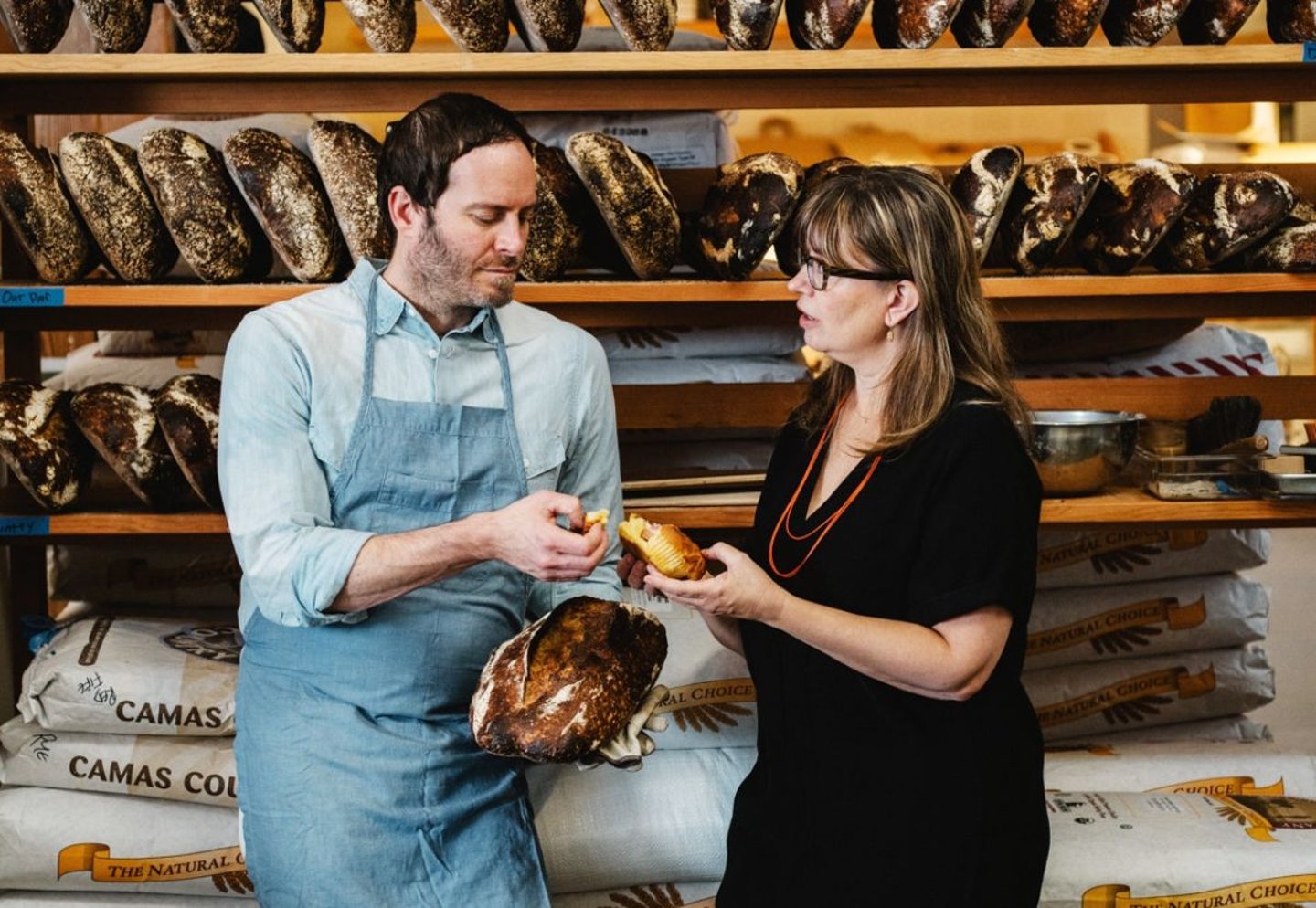
For instance, Chad Robertson, co-founder of Tartine Bakery in San Francisco, sources heirloom grains from local farmers who prioritize regenerative agriculture. By using these grains in his artisanal bread, Robertson not only supports sustainable farming but also preserves the rich flavours and nutritional value of heritage crops.
The benefits of using fresh, seasonal produce are manifold. Seasonal ingredients are harvested at their peak ripeness, ensuring superior taste and nutritional value. Additionally, seasonal eating reduces the environmental impact associated with growing out-of-season produce in artificial conditions or importing it from distant locations.
ECO-FRIENDLY PRACTICES IN THE KITCHEN
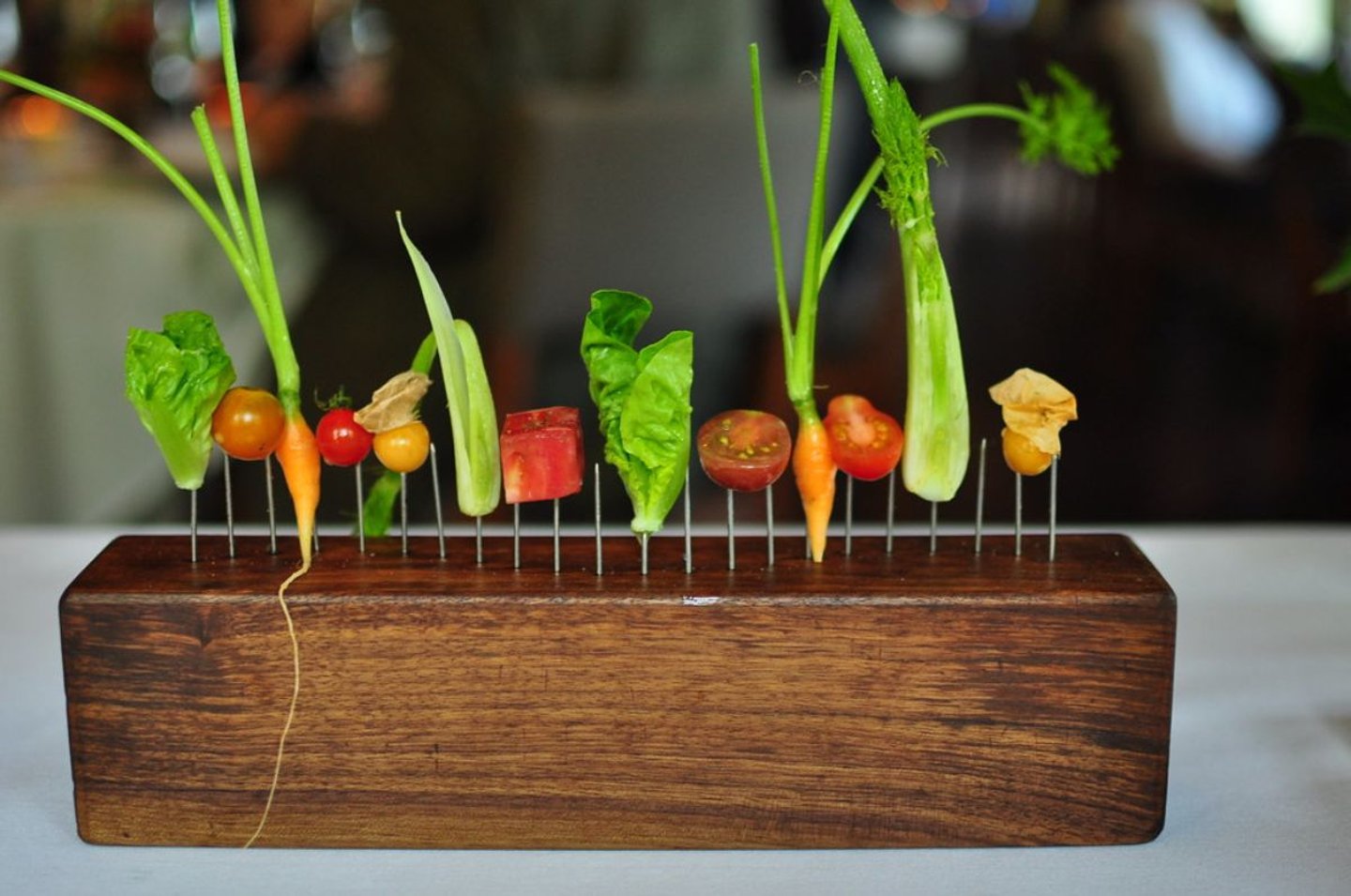
Sustainable gourmet restaurants adopt various eco-friendly practices in their kitchens to minimize waste and promote responsible consumption. These practices range from using energy-efficient appliances to implementing rigorous recycling and composting programs.
Moreover, many farm-to-table chefs are embracing nose-to-tail and root-to-stem cooking, which involves using every part of an ingredient. This approach not only minimizes food waste but also encourages creativity in the kitchen.
THE ROLE OF FARMERS

Farmers play a crucial role in the farm-to-table movement, and their commitment to sustainable practices is the foundation of this philosophy. These farmers prioritize soil health, biodiversity, and animal welfare, ensuring that their produce is of the highest quality.
A holistic approach to farming can involve rotational grazing, permaculture, and the integration of livestock and crops. This method not only enhances soil fertility but also promotes a balanced ecosystem, resulting in healthier and more resilient crops.
The partnership between chefs and farmers is vital to the success of farm-to-table dining. By establishing direct relationships with local producers, chefs gain access to the freshest ingredients and can tailor their menus to reflect the seasons. This collaboration also provides farmers with a stable market for their produce, fostering economic sustainability.
DINING EXPERIENCE
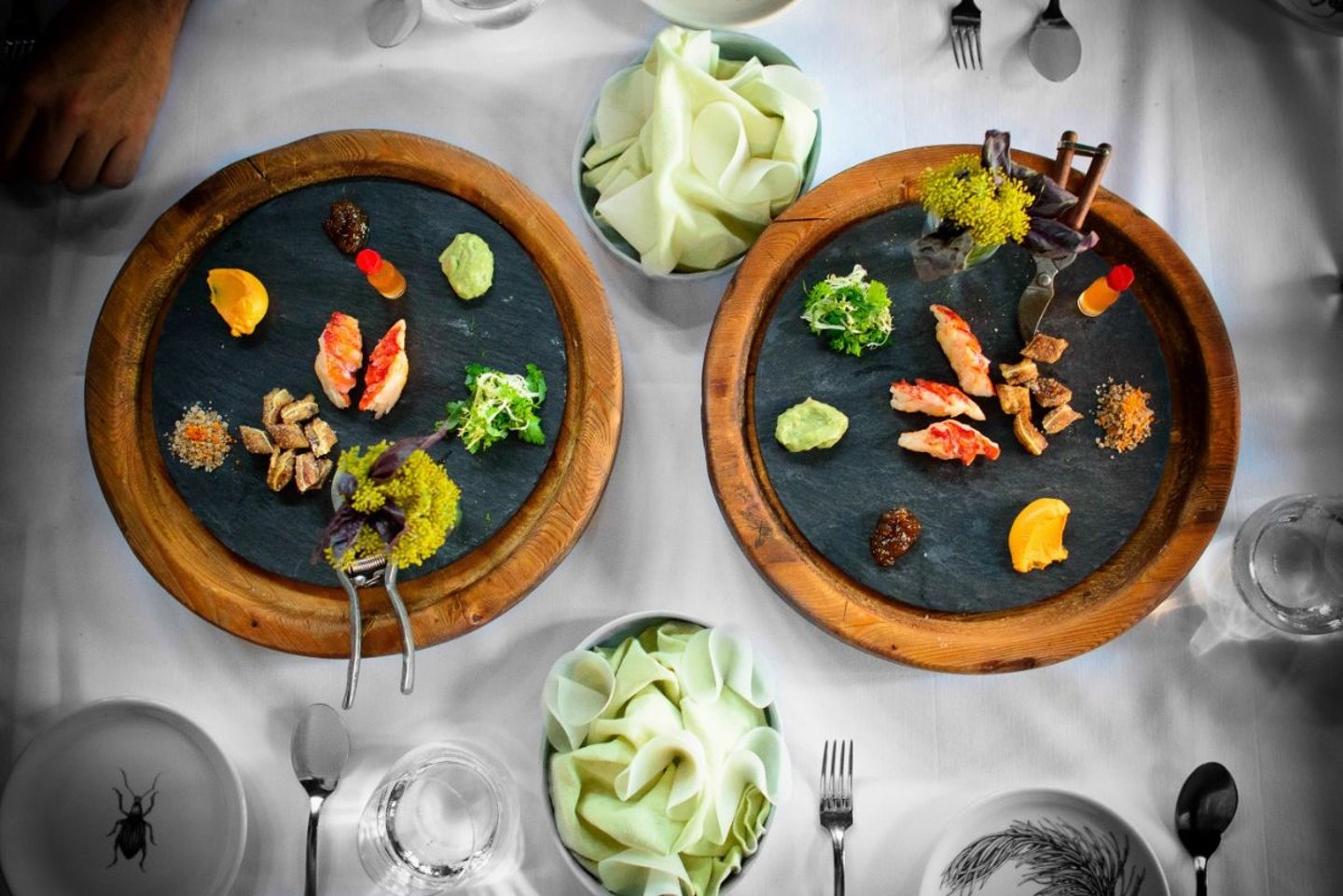
The farm-to-table approach transforms the dining experience, offering guests a deeper connection to their food. Diners can taste the difference in the freshness and quality of the ingredients, and they often gain a newfound appreciation for the effort and care that goes into sustainable farming.
Restaurants like Blue Hill and Noma enhance this experience by educating their guests about the origins of their food. Through farm tours, interactive dining experiences, and storytelling, these establishments foster a greater understanding of the importance of sustainability.
FUTURE OF SUSTAINABLE GOURMET CUISINE
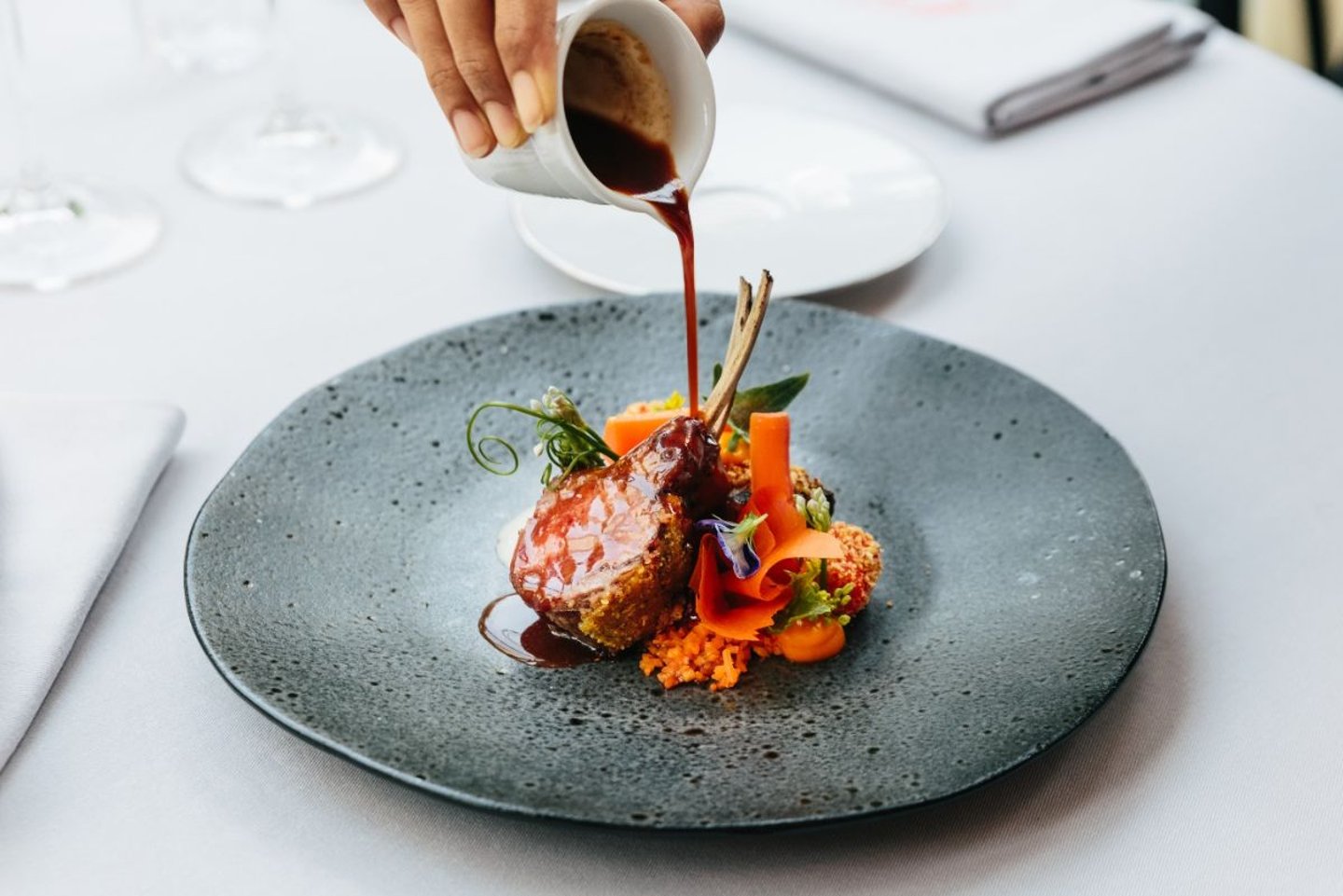
As the farm-to-table movement continues to grow, the future of sustainable gourmet cuisine looks promising. Innovations in technology and agriculture are poised to further enhance the sustainability of food production. Vertical farming and aquaponics are just two examples of advancements that could revolutionize the culinary landscape.
Moreover, consumer demand for transparency and ethical practices is driving the industry towards greater sustainability. As more people prioritize environmental responsibility, the farm-to-table movement is likely to become a standard practice rather than an exception.

The rise of sustainable gourmet cuisine is a testament to the growing awareness of the environmental impact of our food choices. By embracing the farm-to-table philosophy, chefs and farmers are leading the way towards a more sustainable and delicious future. As diners, we have the power to support this movement by choosing restaurants that prioritize sustainability and by making mindful decisions about the food we consume.




